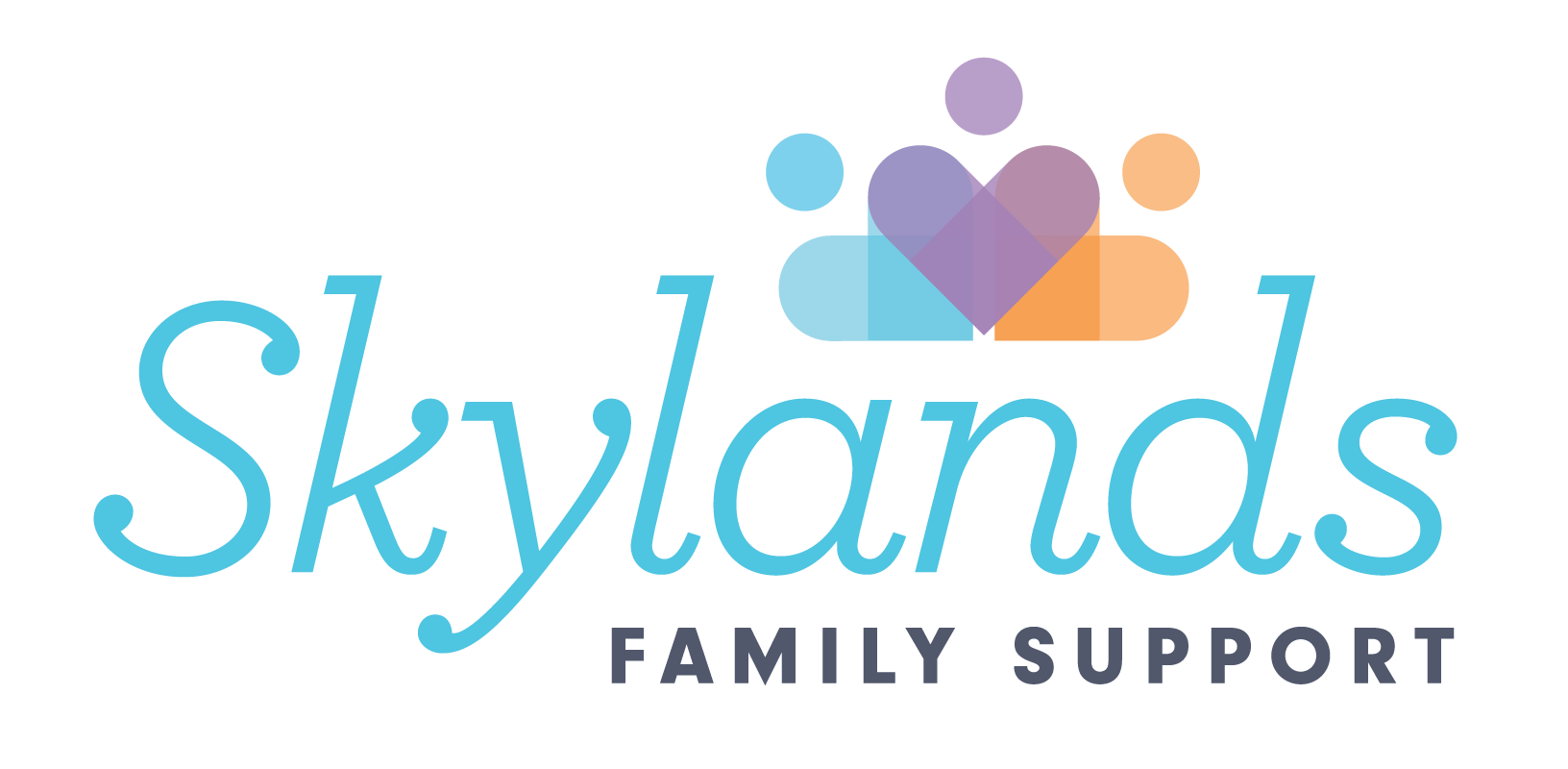10 FAQs About Support Coordination
Have questions about support coordination in New Jersey? We’ve compiled answers to some of the most common FAQs. This blog will help you and your family understand what support coordination is, how it can help your loved one, and how to access the services you need.
#1 – Who qualifies for support coordination services in New Jersey?
To qualify for New Jersey Department of Developmental Disabilities services, an individual must:
- Have a developmental disability
- Be 21 years of age or older
- Be a legal U.S. citizen and resident of New Jersey
- Be enrolled in or eligible for Medicaid
#2 – How do I find a support coordinator for my loved one?
To find a support coordinator in New Jersey, you can start by contacting the New Jersey Division of Developmental Disabilities (DDD) or the specific support coordination agency you’re interested in. From there, you can connect with qualified professionals who are experienced in coordinating services for individuals with developmental disabilities.
READ MORE: 5 Tips for Choosing the Right NJ DDD Support Coordination Agency
#3 – Are there any costs associated with support coordination services?
Support coordination services in New Jersey are funded through Medicaid. These services are available at no direct cost to families, as long as the individual qualifies for the Supports Program or Community Care Program through NJ DDD. Medicaid covers the cost of support coordination, allowing families to access these services without the additional financial burden.
However, it’s important to note that while support coordination services themselves are covered, there may be costs associated with other services. Your support coordinator can help clarify any additional costs or will connect you to someone who can.
#4 – What is the difference between a support coordinator and a case manager?
While the terms “support coordinator” and “case manager” are sometimes used interchangeably, they differ in their roles. A case manager typically oversees general services and focuses on broader aspects of managing an individual’s care. They don’t typically interact with individuals and families. A support coordinator, however, specializes in working directly with individuals and their families, identifying services and ensuring that the person’s needs are met with a holistic, person-centered approach.
#5 – How does the support coordinator assist with service planning?
A dedicated support coordinator will work closely with you and your loved one to identify appropriate services, establish goals, and create an Individualized Service Plan (ISP) that outlines how to achieve those goals. They act as the main point of contact for arranging services, ensuring that providers are in place, and helping to resolve any issues that may arise.
#6 – How often will I meet with a support coordinator?
The frequency of meetings with your support coordinator will depend on the specific needs of your loved one. Initially, meetings may be quite frequent as you work together to develop a plan and organize services for your loved one. Over time, meetings might be once a week or biweekly, and the support coordinator will continue to monitor progress and make adjustments as necessary.
#7 – What if I don’t know what services my loved one needs?
If you’re unsure what services your loved one needs, a support coordinator can help guide you through the process. They can provide ideas and connect you with appropriate resources and services. A support coordinator’s role is to help you navigate the NJ DDD system, ensuring that you get the services and support that best meet your loved one’s needs.
READ MORE: 5 Support Services You Can Access with the Help of a Support Coordination Agency & NJ DDD
#8 – What happens if a service provider is not meeting my loved one’s needs?
If you find that a service provider is not meeting the needs of your loved one, your support coordinator can help. They will assist in addressing issues with the provider, whether it’s an adjustment to the services being offered or finding a new provider. A support coordinator’s goal is to ensure your loved one is receiving the right care and support.
#9 – What should I do if my loved one’s needs change over time?
Support coordination is meant to be flexible. If your loved one’s situation changes—whether they need additional support, a different type of service, or a reduction in services—you can discuss these changes with your support coordinator. Your loved one’s ISP is reviewed annually, but updates can be made at any time to ensure the support provided continues to be relevant and beneficial.
#10 – How can I prepare for a meeting with my support coordinator?
Preparing for a meeting with your support coordinator can help ensure the process is efficient and productive. Start by gathering any relevant documents, such as medical records, assessment reports, or any current service plan information. Make a list of your loved one’s specific needs, preferences, and goals, and be prepared to discuss any challenges or concerns you’ve observed.
If there are specific services or providers you are interested in, bring those up during the meeting. It’s also helpful to keep a notebook to jot down any questions or notes during the meeting. Being organized and clear about your expectations can help your support coordinator better understand your family’s needs and create a tailored plan.
Final Thoughts
A support coordinator works closely with you to develop a plan that fits your loved one’s unique needs, connecting them with opportunities that promote independence and well-being. With the right support in place, you can feel confident that your loved one has access to the services that will help them live a fulfilling and meaningful life.
Have more questions about support coordination and how it works? Contact Skylands Family Support today to speak with our dedicated and supportive team.




